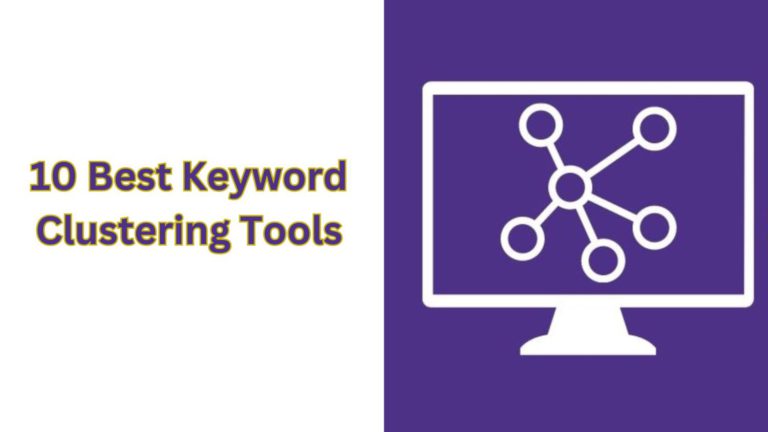A reverse phone lookup tool is a service or application that allows users to find information about an individual or entity based on a given phone number. Instead of searching for a person’s name to find their phone number (as in a traditional phone directory), a reverse phone lookup allows users to input a phone number to retrieve information about the person or business associated with that number.
See, I am not famous at all, but still somebody calls me, I hate it, specially when I am not expecting it from an unknown number, I mean come on man, text me, but anyways, it always sucks to pick calls from unknown number and ending up in getting stuck in marketing loop, when you can’t just cut the call because, it would be very rude for customer service who are very polite, I want to avoid that situation at any cost, you might think this is a small problem and I am exaggerating it, anyways looks like it’s my introvert arse’s problem ain’t it, anyways, here’s help
Key features of reverse phone lookup tools typically include:
- Caller Identification: Revealing the name and sometimes additional details of the person or business associated with a particular phone number.
- Location Information: Providing the geographic location or address linked to the phone number.
- Additional Details: Offering supplementary information such as social media profiles, email addresses, or other contact information.
- Spam or Scam Detection: Some tools also include features to identify whether the phone number has been reported as spam, scam, or associated with fraudulent activities.
- User Reviews: Some platforms aggregate user reviews and feedback regarding specific phone numbers to help others assess the legitimacy or nature of the caller.

These tools are commonly used to identify unknown callers, screen calls, and prevent unwanted communications. It’s important to note that the accuracy and extent of information provided by reverse phone lookup tools can vary based on the tool itself and the availability of public information associated with the phone number. Additionally, privacy and legal considerations may differ depending on the region or jurisdiction.
How does a reverse phone lookup work?
Reverse phone lookup tools work by accessing and aggregating publicly available information associated with phone numbers. This can include databases, public records, and other online sources. Users input a phone number, and the tool retrieves relevant details about the owner of that number.
What information can I get from a reverse phone lookup?
Typically, a reverse phone lookup provides the owner’s name, address, and sometimes additional details such as email addresses, social media profiles, or business information associated with the provided phone number.
Is reverse phone lookup free?
Many reverse phone lookup tools offer basic information for free, but more detailed or premium features may require payment. Some websites provide free trials or limited free searches, while others operate on a subscription or one-time payment basis.
Are reverse phone lookup results always accurate?
The accuracy of results can vary. It depends on the availability of public information and the quality of the data sources used by the lookup tool. Additionally, users should be aware that some information may be outdated or incorrect.
Are reverse phone lookup tools legal?
In many cases, reverse phone lookup tools are legal as they access publicly available information. However, users should be aware of and comply with privacy laws and regulations in their jurisdiction.
How can I remove my information from reverse phone lookup databases?
Some reverse phone lookup services allow individuals to request the removal of their information. Contacting the specific service and following their opt-out procedures is often the best approach. However, keep in mind that certain public records may still be accessible through official channels.
Can reverse phone lookup tools identify spam or scam calls?
Some reverse phone lookup tools include features to identify and flag numbers reported as spam or associated with scam activities. This can help users avoid answering potentially fraudulent calls.
Also Read ➤ ➤ The Best 10 Voice Recognition Softwares | SUPER GUIDE!
The Main Agenda – Best “Who Called Me From This Phone Number” Free Lookup Companies

Truecaller
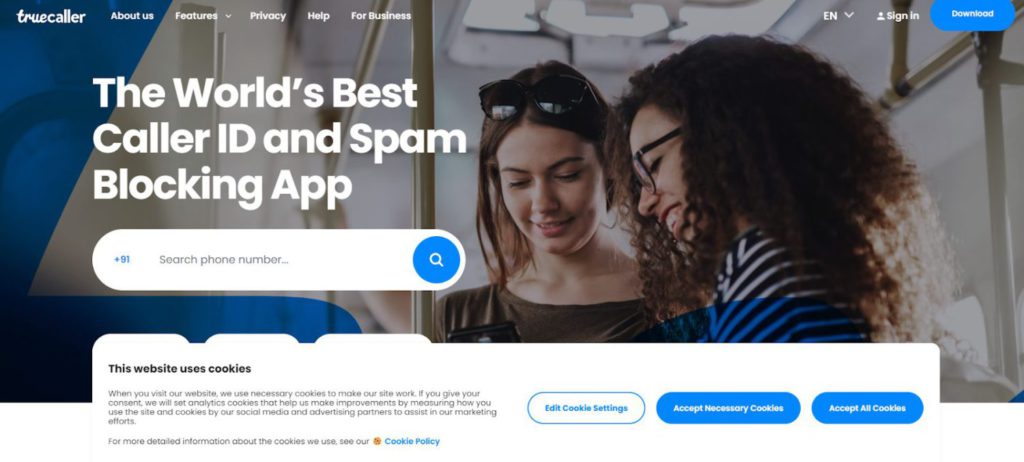
Truecaller is a widely recognized and trusted reverse phone number lookup company. With a vast user base, Truecaller allows individuals to identify incoming calls, providing details about the caller’s name, location, and other relevant information. The platform also integrates spam detection features to help users filter out unwanted calls and messages. Truecaller is available as a website and a mobile app, making it convenient for users to identify and manage their incoming calls on various devices.
Pros:
- Offers a free reverse phone lookup tool
- Provides information on whether the caller is a spammer
- Allows users to search for the caller’s name, location, and comments from other users
Cons:
- Privacy may be a concern due to the model of collecting and sharing data
Also Read ➤ ➤ What are Best Monitors for Trading | The Ultimate Guide
AnyWho
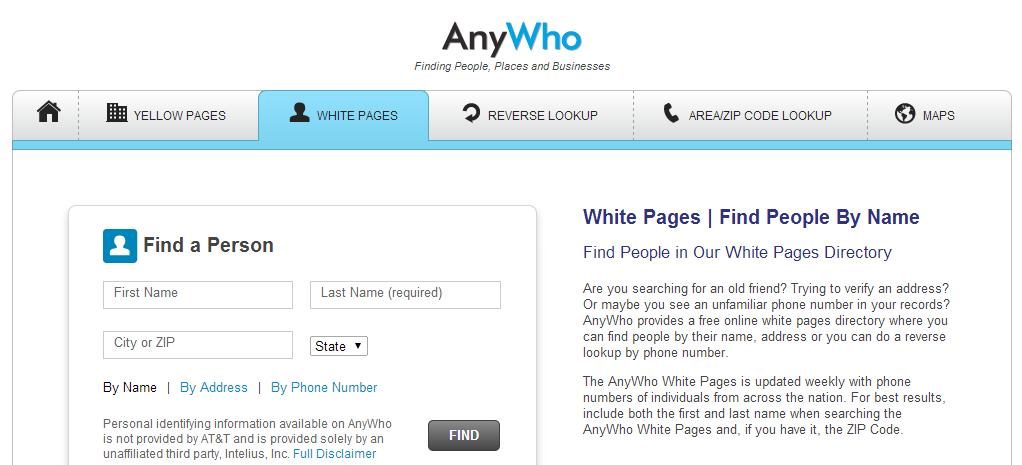
AnyWho is a free online directory service that offers a comprehensive reverse phone lookup feature. Users can input a phone number to retrieve information about the associated person or business, including their name and location. AnyWho is known for its user-friendly interface and accessibility, making it a go-to choice for those seeking quick and reliable information about unknown callers.
Pros:
- Offers free and comprehensive reverse phone number lookup
- Provides basic information like names and email addresses
Cons:
- May have outdated or inaccurate information
Also Read ➤ ➤ What Are the Best Mobile Crypto Games To Play?
CocoFinder
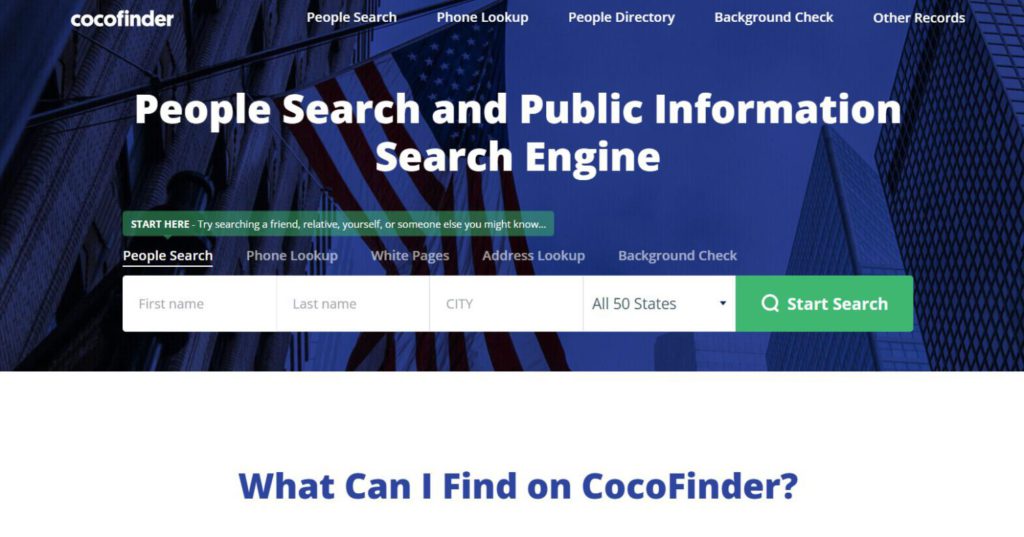
CocoFinder stands out as an online people search and background check platform that includes a reverse phone lookup service. Users can access information about the owner of a particular phone number, gaining insights into their identity and location. With a focus on providing accurate and up-to-date data, CocoFinder is a valuable tool for individuals looking to uncover details about unknown callers or contacts.
Pros:
- Offers a free reverse phone lookup feature
- Matches phone numbers with likely candidates and provides reports containing details on each person
- Provides legal data from freely available sources
Cons:
- May have limitations in terms of the amount of information provided
Also Read ➤ ➤ What is an Exchange OTC and How do I Use It? | ULTIMATE GUIDE
Spokeo
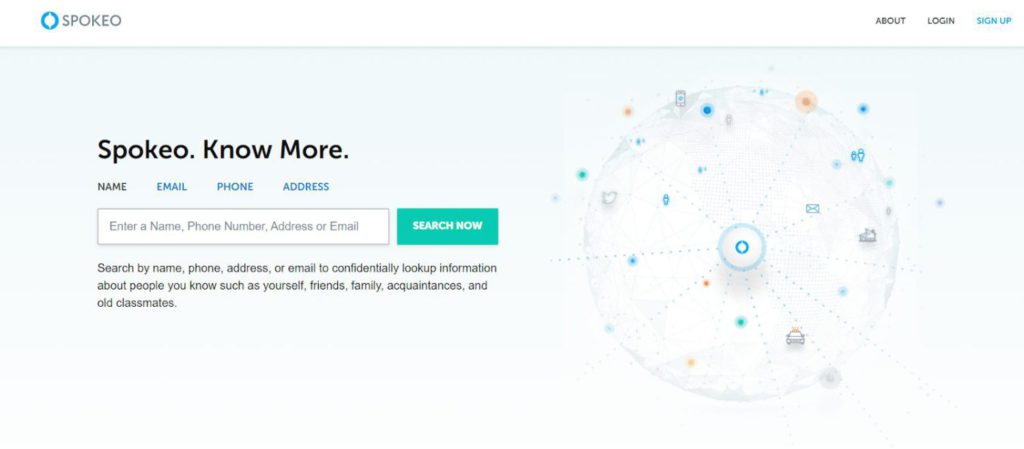
Spokeo is a versatile people search engine that offers a robust reverse phone number lookup service. In addition to identifying the owner of a specific phone number, Spokeo provides a wide range of information, including social media profiles, email addresses, and more. This comprehensive approach makes Spokeo a valuable resource for users seeking in-depth details about individuals based on their contact information.
Pros:
- Known for offering accurate and reliable reverse phone lookup services
- Provides information like age, address, and relations
- Offers a wide range of legit sources
Cons:
- Paid features may be required for more detailed information
Also Read ➤ ➤ What Is The Life Cycle of a Transaction In Ethereum?
NumLooker

NumLooker is a dedicated platform designed for reverse phone number lookup. Users can quickly and easily find information about unknown callers, including the owner’s name and location. With a streamlined interface, NumLooker aims to provide efficient and accurate results, making it a convenient choice for those looking to identify the source of incoming calls.
Pros:
- Offers a free number lookup to find out who called
- Provides accurate and reliable findings
Cons:
- May have limitations in terms of the amount of information provided
Also Read ➤ ➤ 20 Best SEO Tools | Level UP your GAME NOW!
Great People Search
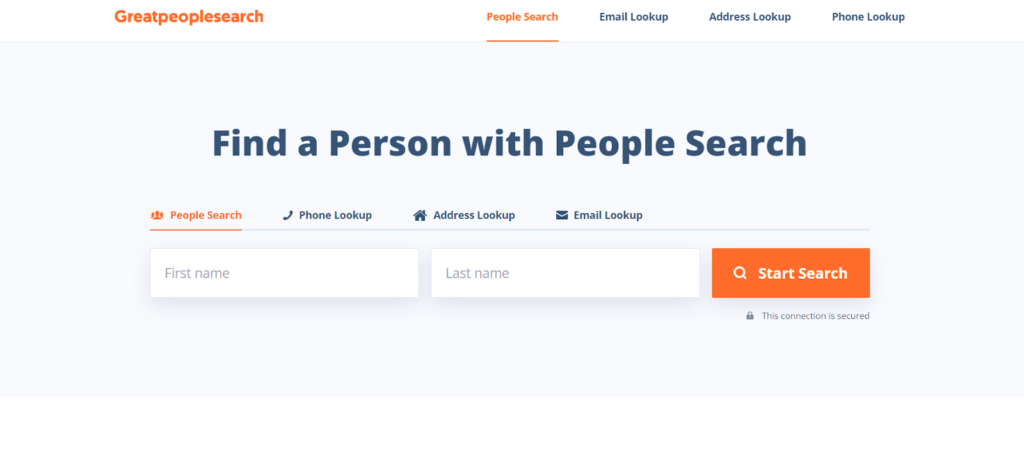
Great People Search is a website that offers reverse phone number lookup services, allowing users to uncover details about individuals or businesses associated with specific phone numbers. While specific details about the platform are not provided, it likely serves as a tool for people searching and identification based on contact information. Users can explore the platform to gain insights into the identity of unknown callers or contacts.
Pros:
- Offers a quick and efficient phone lookup
- Reveals the identity of unknown callers and provides more information about them
Cons:
- May have limitations in terms of the amount of information provided
Also Read ➤ ➤ 10 Best Doc Signing Softwares | Forget Travelling; SAVE TIME NOW!
Conclusion:
In a world where receiving unexpected calls from unknown numbers can be a source of frustration, the availability of reliable “Who Called Me From This Phone Number” lookup tools becomes invaluable. These tools, such as Truecaller, AnyWho, CocoFinder, Spokeo, NumLooker, and Great People Search, aim to empower individuals in identifying and managing their incoming calls more effectively.
Truecaller, with its vast user base, stands out for its ability to provide comprehensive details about incoming calls, including spam detection features. AnyWho, a user-friendly directory service, offers a free and accessible reverse phone lookup, making it a convenient choice for quick information retrieval. CocoFinder focuses on delivering accurate and up-to-date data, making it a valuable tool for those seeking detailed insights into unknown callers.
Spokeo, a versatile people search engine, goes beyond basic information, offering a comprehensive approach to identifying individuals through various online sources. NumLooker, a dedicated platform, ensures efficiency and accuracy in providing information about unknown callers. Great People Search, though with limited details provided, serves as a quick and efficient tool for identifying unknown callers.
While these tools offer various levels of information and features, users should be mindful of privacy concerns and the potential limitations in the accuracy of provided data. Overall, these “Who Called Me” lookup companies aim to alleviate the annoyance of unidentified calls, providing users with the tools they need to take control of their communication experiences.


